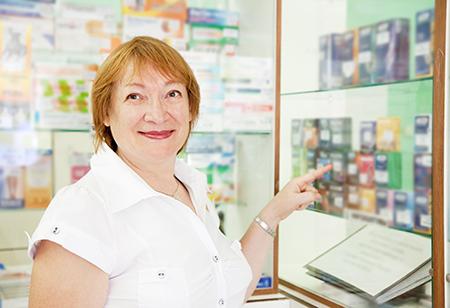Annual exams are key
An annual well-woman exam is one of the most important things you can do to protect your sexual health. Your doctor will do a physical examination of the pelvic area, and the internal and external genitalia, to look for any abnormalities.
You should also have a Pap test, where the doctor takes a small sampling of cells from your cervix to screen for cervical cancer. This test will also show if you have HPV or other STDs. Pap tests are recommended starting at age 21, regardless of sexual activity, and every three years after until age 30, then every five years if the Pap test shows normal cells and HPV testing is negative. Screening should continue until age 65 or 70, depending on the individual. Your doctor will advise you on how frequent you need to have a Pap test based on your individual case.
Other things you can do to reduce your risk of STDs is to practice safe sex: Be aware of your partner's sexual history and use protection. While condoms are very good at protecting against most STDs, they aren't as effective when it comes to HPV. That's why Dr. Tan and the American Cancer Society recommend the HPV vaccine.
Since talking about STDs can be uncomfortable or awkward for many, your gynecologist may proactively start the discussion. They will ask about your sexual history, current relationship status, sexual preferences and what you use for protection, and offer to do STD testing as part of your routine exam.
This is the time to be totally honest. If your gynecologist doesn't bring it up, you should. Let them know about any health concerns or questions you may have. The only wrong question is the one not asked.

